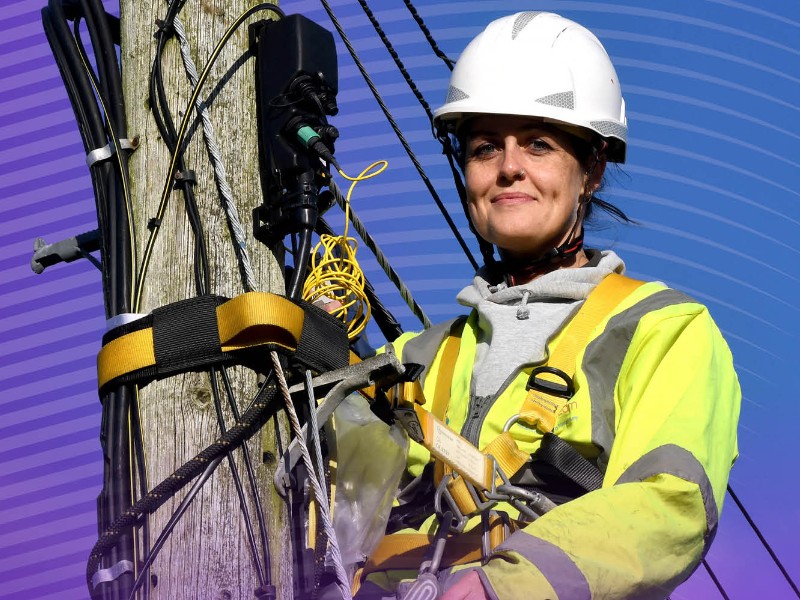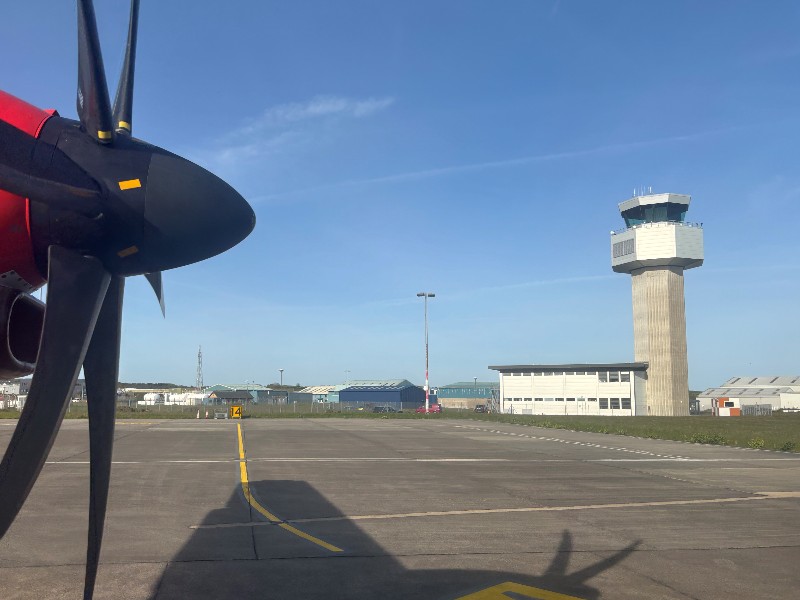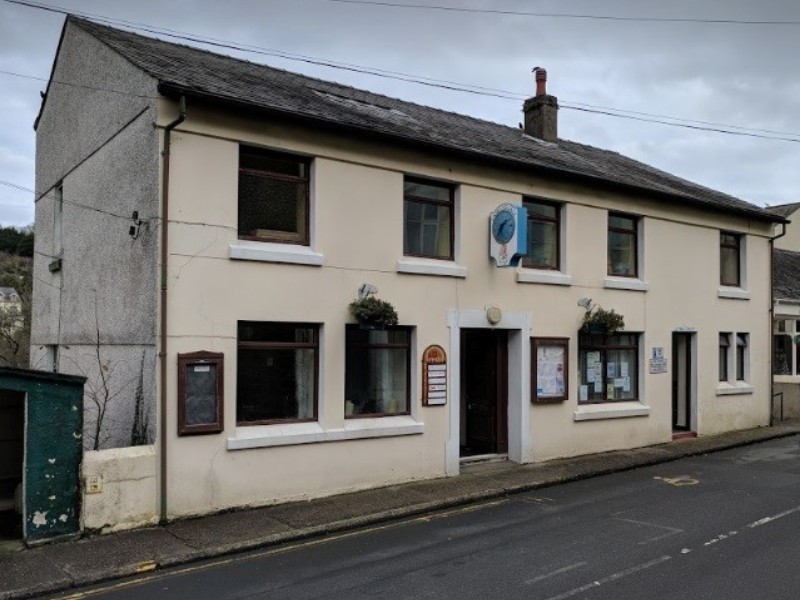
Some home owners told to pay to upgrade their infrastructure
The Isle of Man's internet network is currently being upgraded from copper to fibre.
It's a massive project that is taking years to complete at a cost of millions of pounds.
But a debate's started about who should pay for certain aspects of it.
By 2029, the copper network that is currently installed on the Island is being turned off.
That means everyone wanting to use the internet will have to have switched to the fibre network or a satellite provider by then.
And it's not an easy feat for Manx Telecom, which is carrying out the work.
But Clarissa, who lives in Onchan, has been told she will have to pay to install the infrastructure needed to make her home ready for fibre.
She doesn't believe that's fair:
As Clarissa has said, not everyone will be able to have the fibre network installed for free.
Manx Telecom received £10 million as part of the National Broadband Plan, which was supported by the Isle of Man Government to ensure infrastructure was extended into areas that would not have been commercially viable for private investment.
"This cost ultimately has to be covered; in the end this cost would filter down to members of the public one way or another." - CURA
But Manx Telecom says that doesn't cover the cost of infrastructure on a person's property.
This is because underground infrastructure beyond the property boundary is considered to be privately owned, so maintaining or replacing it is said to be the responsibility of the property owner.
Its Chief Technical Officer, Hugo van Zyl, and Chief Executive, Gary Lamb, say it's all to do with how old your home is, where it was built and how:
Manx Telecom has been working closely with the Communications and Utilities Regulatory Authority, or CURA, on making the roll out as fair and accessible as possible.
This is CURA's statement in full:
"The National Broadband Plan subsidises the roll-out of fibre to areas where it would not be commercially viable to build out the fibre network but does not subsidise every property on the Island.
"As with any major national infrastructure investment, there will always be a cost associated with it, and this cost ultimately has to be covered; in the end this cost would filter down to members of the public one way or another. For example, if the Government were to fund the rollout of fibre in its entirety, the cost would ultimately be borne by the taxpayer; if Manx Telecom were to fund the rollout of fibre in its entirety, the cost would be reflected in the phone and broadband service prices and would be borne by all service users. With either of these examples, there would be a degree of unfairness, as not all taxpayers or service users have properties that require installation work to be carried out. In the Island’s case, Manx Telecom has made a commercial decision to charge customers individually for any installation work they need. Should the Authority prevent a business from recovering its costs, it may be seen as a positive step in the short-term, but it would likely lead to negative outcomes for consumers and industry in the long-term. However, this would not preclude Manx Telecom from voluntarily absorbing the cost of switching customers to fibre.
"The National Broadband Plan requires the rollout of a Fibre network to improve the Island’s infrastructure to enable economic growth and social inclusion, as outlined in the National Telecoms Strategy. Parallel to this Manx Telecom has decided to decommission the copper network rather than maintain two networks side-by-side, which would be inefficient.
"While this work is ongoing CURA is engaging with all service providers to ensure that nobody is left without a suitable service. For those whose circumstances mean they are currently unable to transfer to fibre, their current copper-based service will remain active until a suitable alternative is made available.
"If anyone has concerns about the maintaining or replacing cable or equipment, these responsibilities are often set out in the terms and conditions signed up to between a service provider and a customer.
"CURA would advise customers to check their relevant terms and conditions before agreeing to carry out installation works or costs. CURA would also urge consumers to shop around when choosing a service provider. Most customers would likely be in a position where they could make savings on their telecoms services by switching.
"Finally, CURA is carefully monitoring the copper decommissioning process to ensure consumers remain protected and that nobody is left without access to a suitable service."
It's also important to note that this only applies to the installation of underground ducting.
If Manx Telecom installed overhead poles, there would be no cost to the affected property owners.
Recent planning applications by the company for poles like this have been rejected because of concerns over the visual impact they'd have.
But the question remains, if the switch is mandatory, which is fairer?
Anybody who has concerns about any part of this process is welcome to contact CURA by calling 677022 or emailing enquiries@cura.im.
Meanwhile, CURA is currently carrying out a consultation on a proposed variation to the Universal Service Obligation, which includes the fibre rollout.
You can find that consultation HERE.


 Questions raised about airport's safety and workplace culture
Questions raised about airport's safety and workplace culture
 Garff Commissioners introduces street light scheme to be more 'proactive'
Garff Commissioners introduces street light scheme to be more 'proactive'
 Douglas Council purchases seven EVs for 'fleet renewal' programme
Douglas Council purchases seven EVs for 'fleet renewal' programme
 Wedding dress exhibition to support Hospice Isle of Man
Wedding dress exhibition to support Hospice Isle of Man